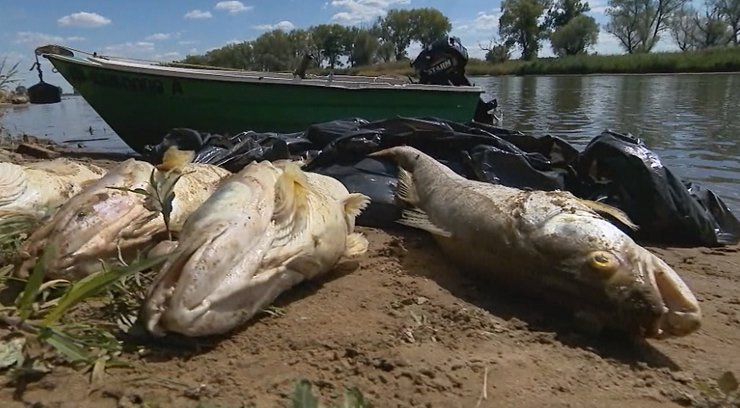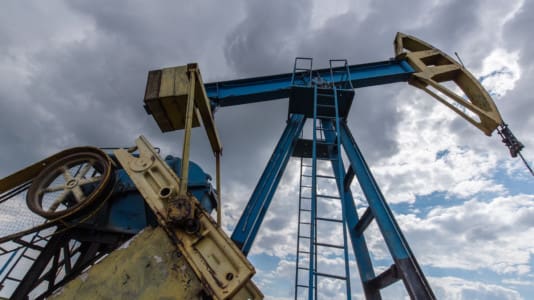There is a common denominator that links the environmental disaster on the Oder River, the rows about building roads in the east of Poland, and the construction of the Vistula Spit Canal. That common denominator is ecological activism and political action aimed at stopping investments that are in the national interest.
The tons of dead fish in the Oder led the opposition to raise the alarm about the lack of information on the potential risk to the public. Even though it turned out that there was no danger to human health, the ratcheting up of tensions was politically convenient for opponents of the government.
The best example of the hysteria came from the liberal regional mayor in the west of Poland, who trumpeted all over the Polish media the rumor that the river had been poisoned with mercury. She did it on the basis of some unchecked remark by a German official, which she misinterpreted.
It all might have become a proverbial storm in a teacup had it not been for what followed. A debate on the future of the Oder initiated by the Germans who want to block any transport development on the river. That is now being followed by “spontaneous” actions calling for all investment in the area to cease and for it to be made into a national conservation area.
The campaign to “save the Oder” is being given backing by the opposition liberals who control that region in the west of Poland. People who have been so keen to spread fake news about mercury in the Oder are now proposing to stop all investment in the area. It just so happens that this is the narrative of our Western neighbors who don’t welcome Polish competition in water transport.






